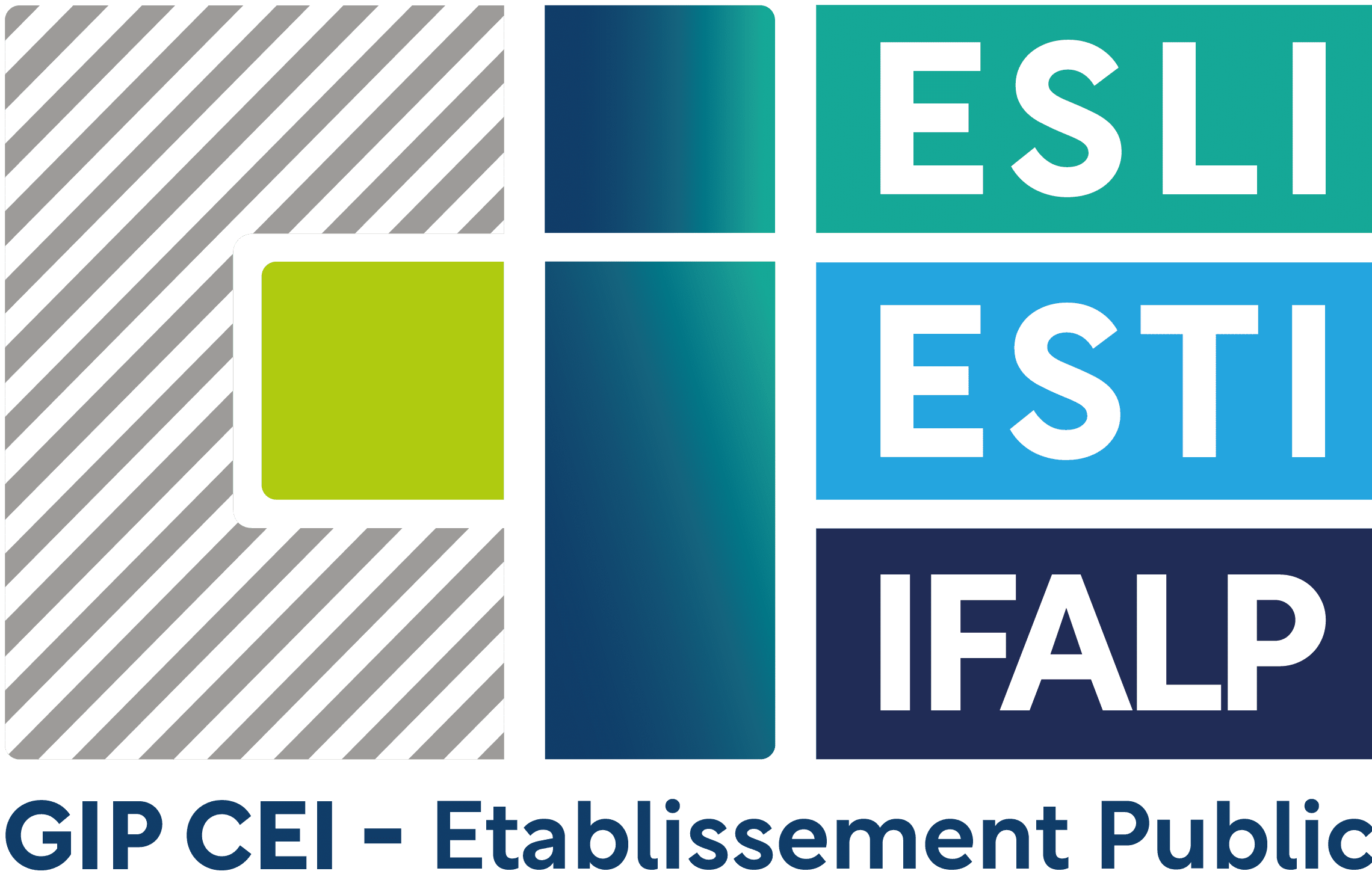Licence Pro Electronics
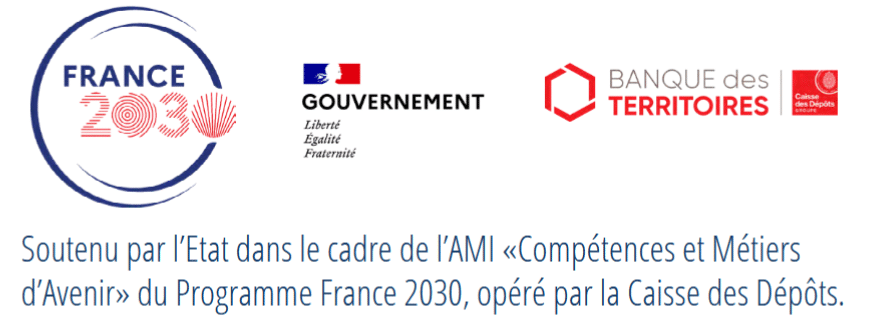

Parcours : Production et Assemblage des SysTèmes ELectroniques (PASTEL)
Formation en alternance GRATUITE et RÉMUNÉRÉE
Partner

General presentation
The aim of the PASTEL (Production et Assemblage des SysTèmes ELectroniques) vocational degree in electronics is to train technicians with a basic specialization in electronics and industrial computing, for jobs in industrialization, methods and processes in the electronics assembly and manufacturing industry.
Job opportunities
Perspective d’emplois
Graduates of this professional degree work in R&D, design and methods, production and maintenance departments in a wide range of sectors: automotive, aeronautics, shipbuilding, home automation, consumer electronics, energy...
A middle manager, he/she works as an assistant project manager, under the responsibility of an engineer, in :
- Design and manufacture of electronic systems (board design & manufacture)
- Development and fine-tuning of electronic board assembly and manufacturing techniques and processes
- Process and product control
- Card inspection and repair
Among other things, he or she can work as a process technician, manufacturer, process method, industrialization method or process project manager.
Further studies
L’objectif de la licence professionnelle est l’insertion professionnelle.
Une poursuite d’études est envisageable en Mastère 2 MLAI EISC « Électronique, Industrialisation et Supply Chain « , proposé par le Campus GIP CEI de Redon, en fonction du dossier et du projet professionnel de l’étudiant.
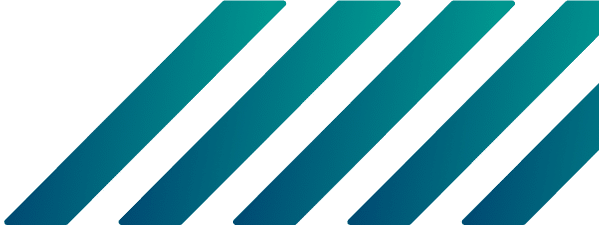
Key figures
2024
2024
2024
2023
2023
2020
80%
success rate
2019
70%
insertion pro
*Sur 14 répondants et 25 candidats présentés
Training objectives
Master the vocabulary and principles of different electronic board manufacturing technologies.
- Carry out electronic studies and tests as part of the development and upgrading of components, sub-assemblies and electronic or electrical assemblies.
- Set up and configure the vision system for product inspection
- Specify design and manufacturing conditions, enabling the design office to design electronic boards or modules in the most cost-effective way.
- Participate in the evaluation of the design from a manufacturing point of view at the various stages of industrialization.
- Develop assembly processes for each new product, characterize optimal process conditions
- Continuous process improvement from a productivity standpoint
Realize
Carry out electronic studies and tests as part of component development and upgrades
Set up
Set up and configure the vision system for product inspection
Specify
Specify design conditions
Evaluate
Participate in design evaluation from a manufacturing perspective
Characterize
Develop assembly processes for each new product, characterize optimal process conditions
Lead
Continuous process improvement from a productivity standpoint
Realize
Carry out electronic studies and tests as part of component development and upgrades
Set up
Set up and configure the vision system for product inspection
Specify
Specify design conditions
Evaluate
Participate in design evaluation from a manufacturing perspective
Characterize
Develop assembly processes for each new product, characterize optimal process conditions
Lead
Continuous process improvement from a productivity standpoint
Training program
Profile-based refresher courses - 84h
Electrical empowerment, Basic electronics, C language programming, Automation
Process control and monitoring - 118h
Thermal management for electronics (soldering, component technology), Metrology, Instrumentation, Sensors, Signal processing, Machine vision
Electronics production tools - 128h
Process qualification/SPC/Experience plan, Design office (gerber file, product documents, PCB blanking, Methods (case studies on line), Reliability/Inspection, Robotics/Automation/axis control
Design of boards, components, circuits & Materials - 64h
Analog electronics, Board industrialization, Production of manufacturing files and ranges, Tooling production (screen printing screens, reflow support tools, wave tools)
Assembly techniques on electronic platforms - 82h
Surface mounting (screen printing, placement, reflow), Wave soldering: manual placement, double wave, selective soldering, Complement and manual soldering, Inspection (AOI, X-ray, visual inspection, testing), Troubleshooting
Quality management - 126h
Technical reference systems and industrial standards, Company management, Project management, Quality systems, Optimization of electronic production processes and workstation design, Applied technical English, Communicating and convincing
Electronic platform testing - 77h
In situ testing, functional testing (C language, labview), Schema analysis, Testability, Test coverage, FBGA programming, Boundary, Scan (Jtag)
Download the brochure
Témoignages
Alumnis
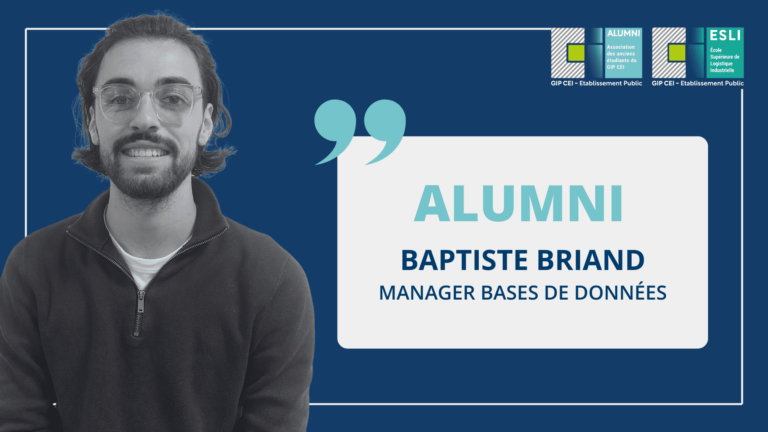
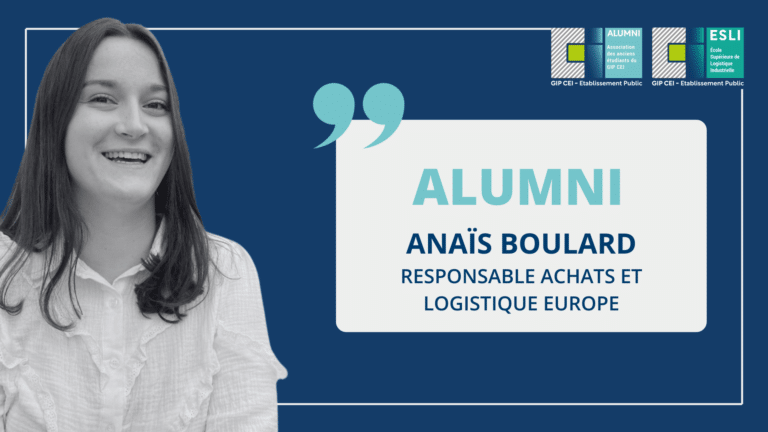
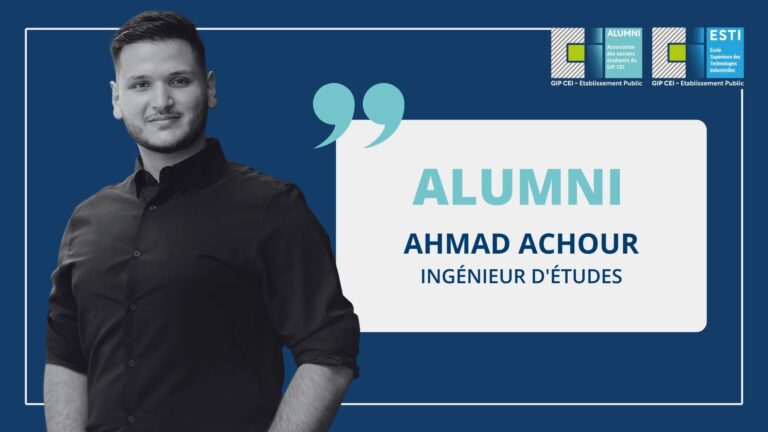
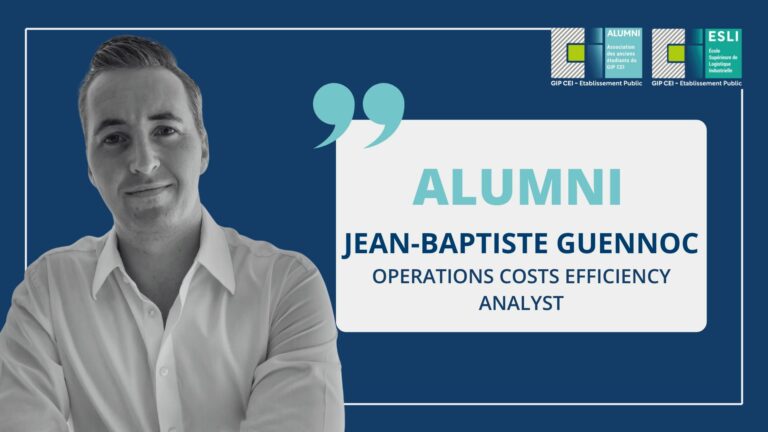
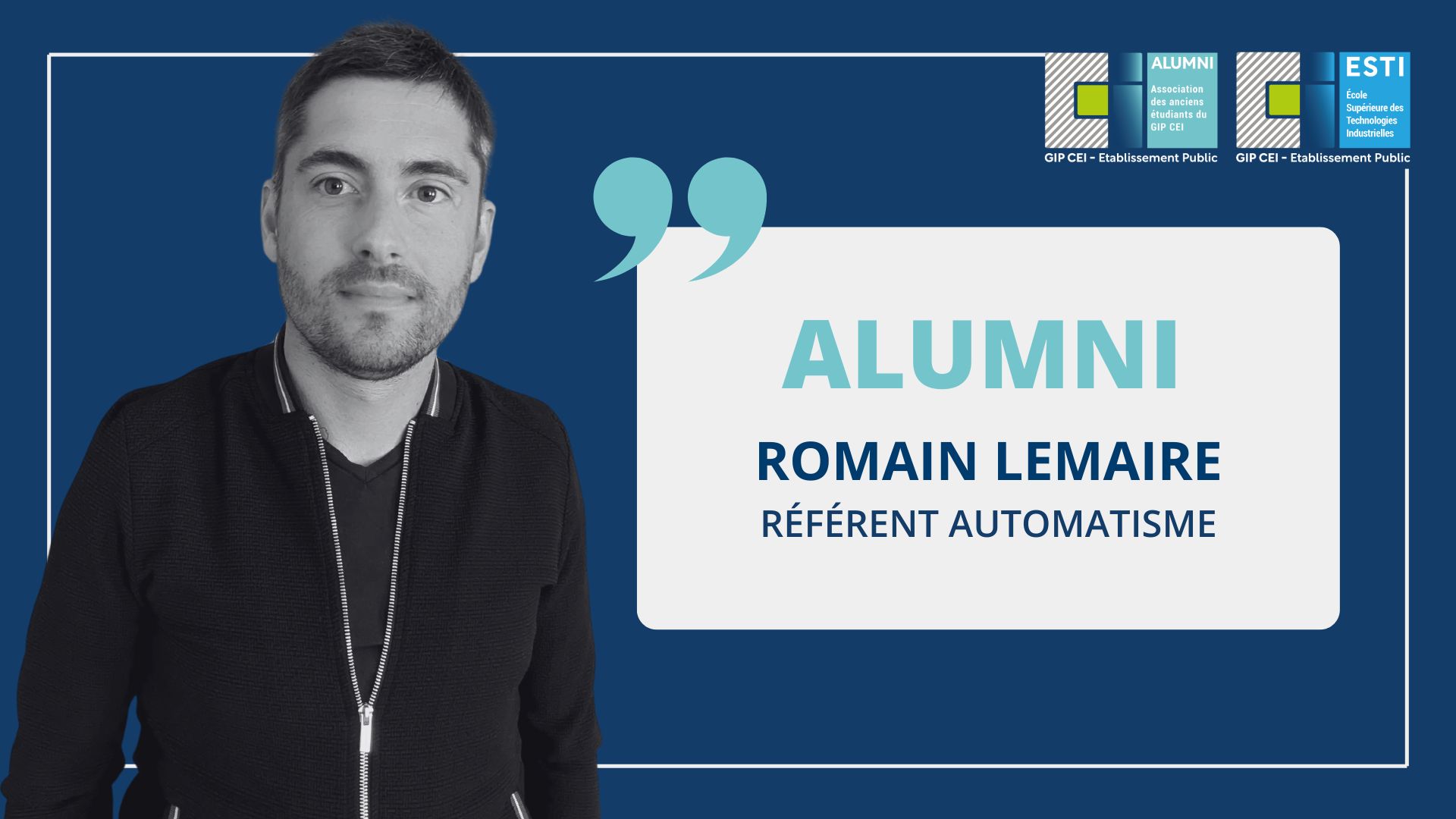

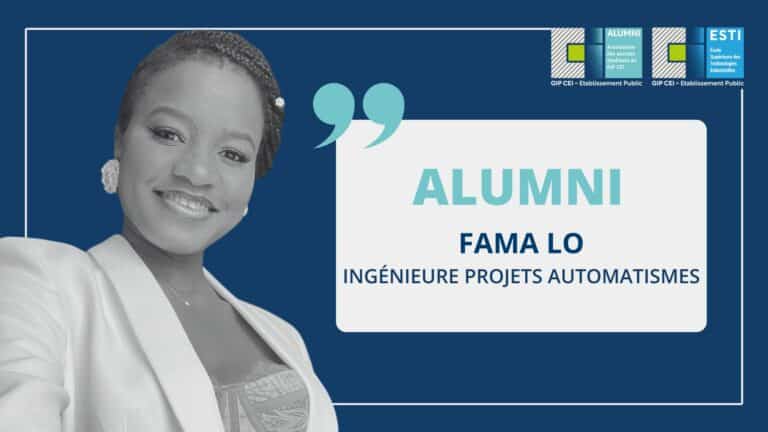
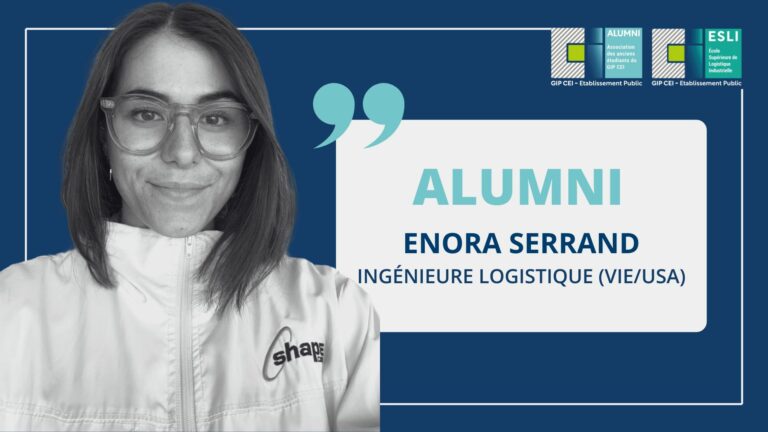
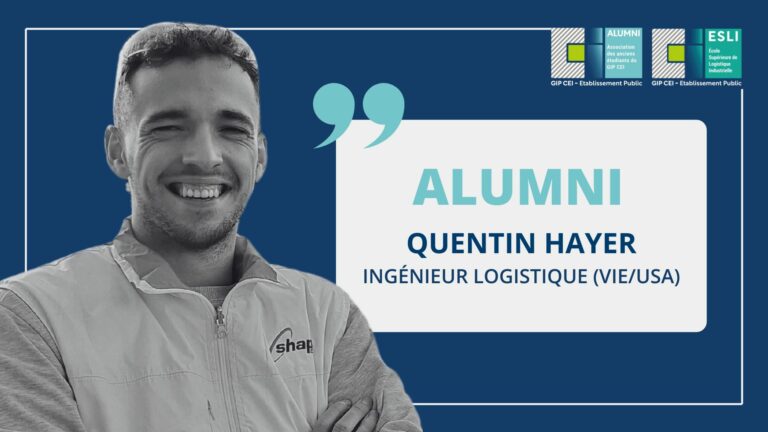
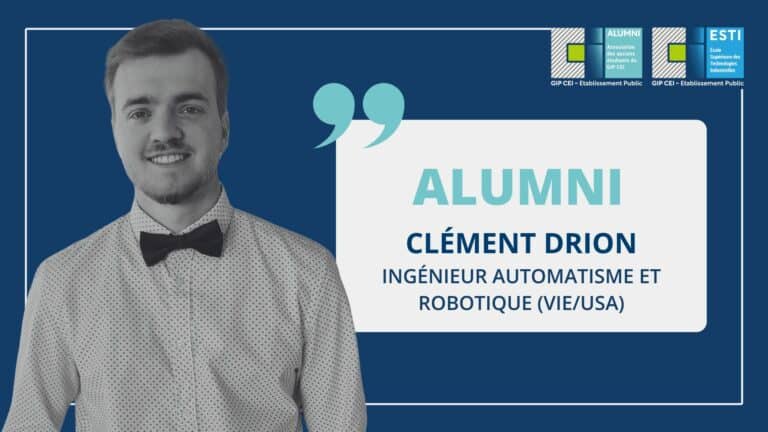
Read more
Important dates
Open house dates: December 2, 2023, February 3, 2024 and March 23, 2024
Rentrée : 9 septembre 2024
Date de jury de sélection : 22 avril, 21 mai et 20 juin 2024
Date limite de dépôts des dossiers : 30 mars, 30 avril et 30 mai 2024
Admission requirements - Prerequisites
Selection by application and interview.
- Students with a BUT (ESE 2nd year course), BTS (SN and CIM courses) or L2 in electronics specialties.
- Continuing education: employees or job-seekers.
- Exceptions are possible on the basis of validation of professional experience (VAP 85), subject to a minimum of 3 years' professional experience.
- Training also available through the VAE system.
Evaluation methods
Practical teaching, closely linked to the company, is provided by lecturers selected for their expertise.
Modules are assessed by continuous assessment + Writing and defending a dissertation on the work-study project + Writing and defending a dissertation on the tutored project.
Duration
506 heures sur 13 mois
La formation se déroule en alternance avec 15 semaines de formation en centre de formation et 39 semaines en entreprise sur un rythme de 4 à 5 semaines en entreprise / 4 semaines en centre de formation.
Training is provided by university lecturers, expert teachers and professionals.
Méthodes et moyens mobilisés
Teaching takes place 30% at the IUT in Rennes and 70% at ESTI in Redon.
Courses are taught by lecturers from the University of Rennes 1 and professional contributors. The teaching team includes 50% industrialists.
Training is based on the ESTI technology platform, and in part on the GEII department's robotics platform.
This technical platform is designed to serve :
- to initiate and manage collaborative research and development projects involving research laboratories, companies, study centers, etc.
- to carry out studies and feasibility tests as part of preliminary projects (process automation, prototyping, etc.).
Individualized monitoring of students under a double tutoring system: an educational tutor (at the training center) and an industrial tutor (at the host company).
2 follow-up visits by the educational tutor to the host company.
Training financing
Frais de la formation : Formation en alternance
GRATUITE et RÉMUNÉRÉE :
- L’alternant signe un contrat de travail, lequel doit prévoir une rémunération.
- Les frais de formation sont pris en charge par l’OPCO de l’entreprise d’accueil
Companies
welcome
campus students
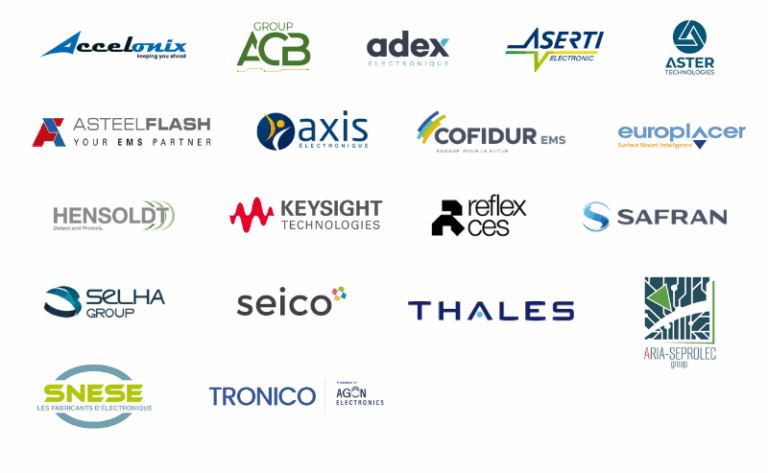
Training location
- Plateforme électronique /ESTI Zone du Chatelet - 6 rue de la Maillardais - 35600 REDON
- IUT - University of Rennes 1
- +33(0)2 99 71 60 24
Plateforme électronique /ESTI Zone du Chatelet
6 rue de la Maillardais - 35600 REDON
IUT - University of Rennes 1
+33(0)2 99 71 60 24
